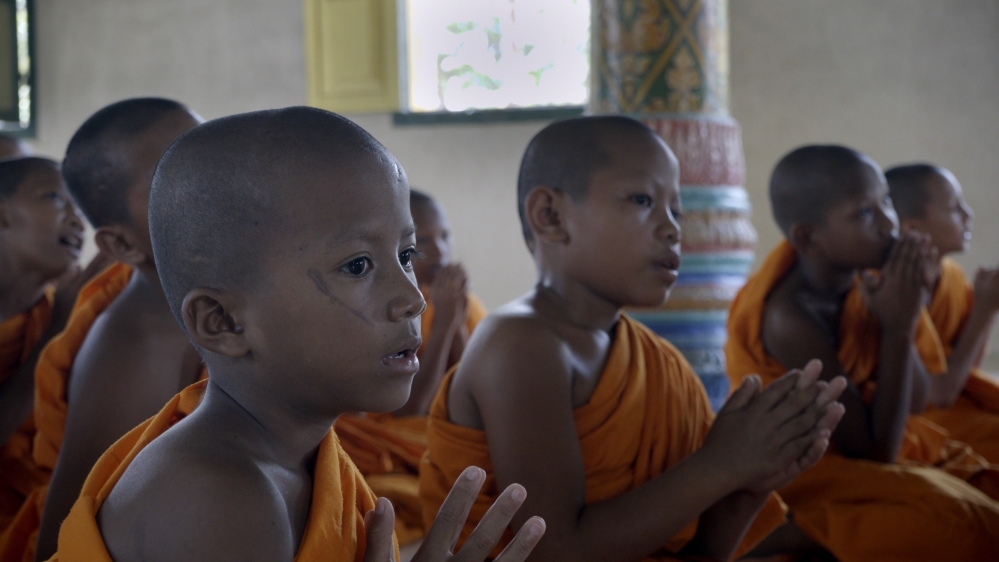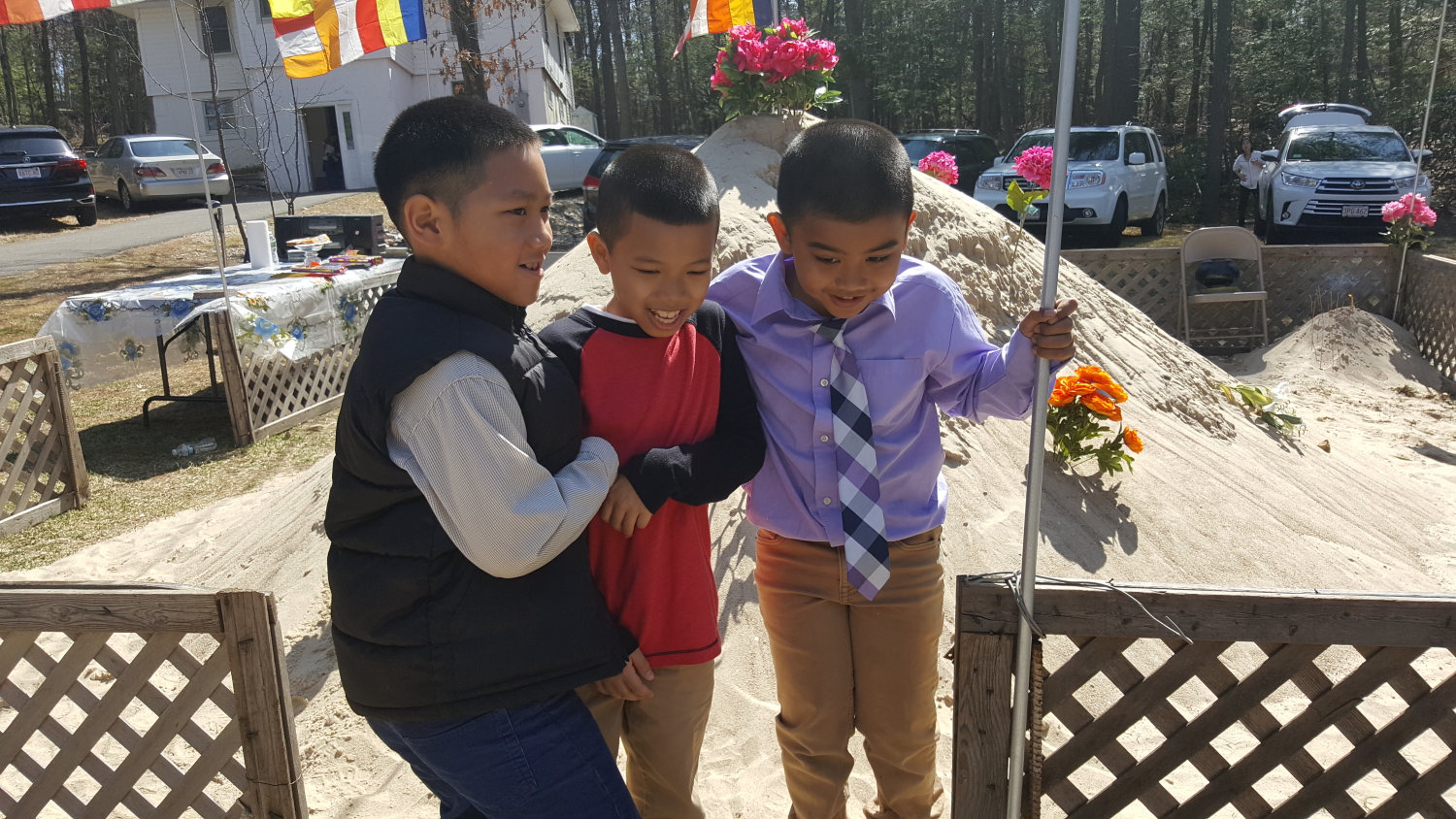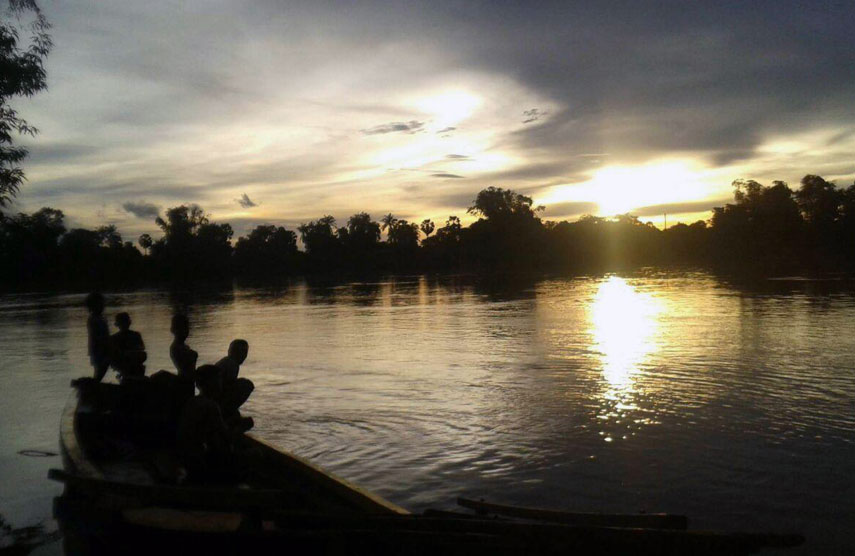The Story of Thera Mahakaccayana
Verse 94: The arahat whose sense-faculties are calm like horses well-tamed by the charioteer, who is free from pride and moral intoxicants – such an arahat is held dear even by the devas.
1. tadino: one who is calm and tranquil or unperturbed by the ups and downs of life (Lokadhamma).
The Story of Thera Mahakaccayana
While residing at the Pubbarama monastery, the Buddha uttered Verse (94) of this book, with reference to Thera Mahakaccayana.
On a full moon day, which was also the end of the vassa, Sakka with a large company of devas came to pay homage to the Buddha, who was then in residence at Pubbarama, the monastery built by Visakha. At that time, the Buddha was being attended upon by the Chief Disciples and all the senior bhikkhus. Thera Mahakaccayana, who spent the vassa in Avanti, had not yet arrived, and a seat was kept vacant for him. Sakka paid homage to the Buddha with flowers, incense and perfumes. On seeing a vacant seat he declared how he wished that Thera Mahakaccayana would come so that he could pay obeisance to him also. At that instant Mahakaccayana arrived; Sakka was very pleased and eagerly paid obeisance to him with flowers, incense and perfumes.
The bhikkhus were awed by Sakka paying obeisance to Mahakaccayana, but some bhikkhus thought that Sakka was being partial to Mahakaccayana. To them, the Buddha said, “One who is restrained in his senses is loved by both men and devas.”
The Buddha then spoke in verse as follows:
Verse 94: The arahat whose sense-faculties are calm like horses well-tamed by the charioteer, who is free from pride and moral intoxicants – such an arahat is held dear even by the devas.
Dhammapada Verse 94
Mahakaccayanatthera Vatthu
Yassindriyani samathangatani
assa yatha sarathina sudanta
pahinamanassa anasavassa
devapi tassa pihayanti tadino1.
Source: Tipitaka












